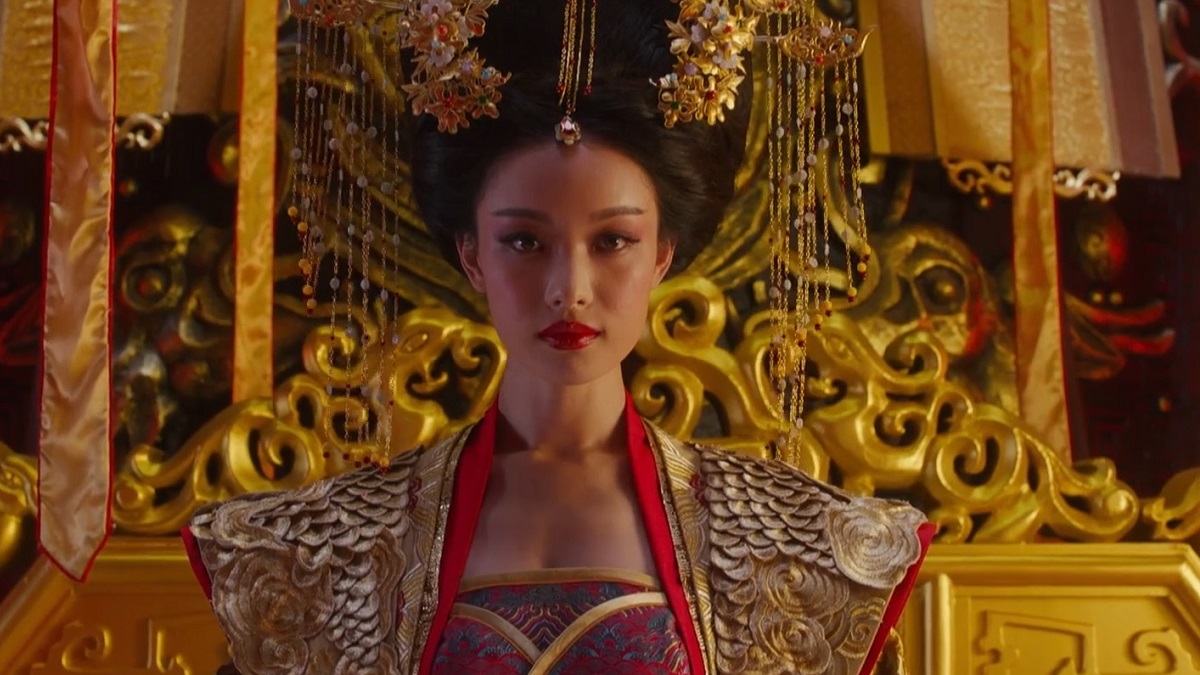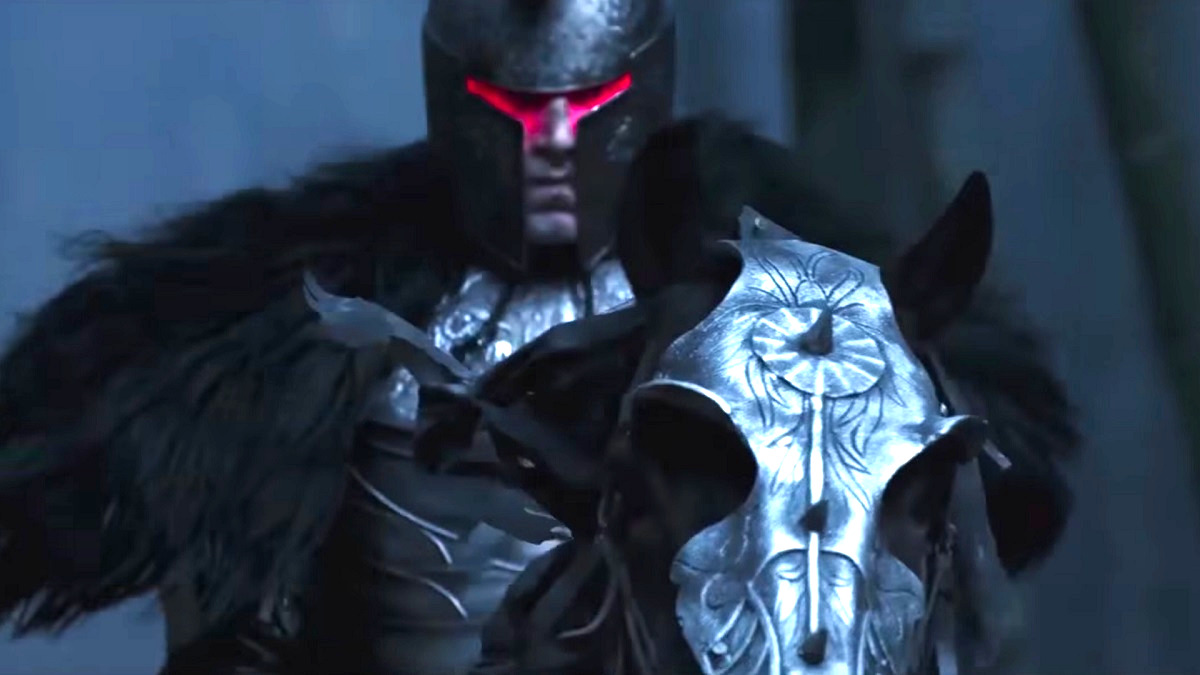Fantasy is arguably more at risk than most other genres when it comes to the dangers of bombing at the box office, and it’s not a coincidence that so many of history’s biggest flops and money-losing misfires are set in outlandish worlds. Enter the Warrior’s Gate might be one of the most forgotten failures, but it also happens to be one of the biggest.
On a budget of $48 million, the turgid video game-infused ancient epic earned the princely sum of $3.5 million from theaters around the world. That means it recouped a little over seven percent of its production costs from paying customers, which in turn ensures it a place in the history books as one of fantasy’s heftiest-ever failures.

Bringing nothing new to a genre that’s seen and done it all at this point, a teenage gamer ends up being transported back to a mysterious empire after a chest opens a gateway through space and time. Once there, he’s forced to utilize the skills he honed on consoles to battle a ruthless barbarian Warlord played by Dave Bautista for some reason, ensure the safety of a princess/damsel in distress/potential love interest, and somehow find a way back to his own world.
About as unimaginative as far-fetched flights of fancy could possibly hope to be, it went down as another black mark against co-writer and producer Luc Besson’s EuropaCorp, a company that tends to endure more misses than hits when it isn’t churning out B-tier action thrillers with middle-aged stars in the lead role.
And yet, Enter the Warrior’s Gate has inexplicably risen from the ashes and ended up as something of a minor sensation on streaming this week, after FlixPatrol named it as one of the 10 most-watched features among HBO Max subscribers in the United States, which doesn’t make any sense at all given how badly it fared first time around.

